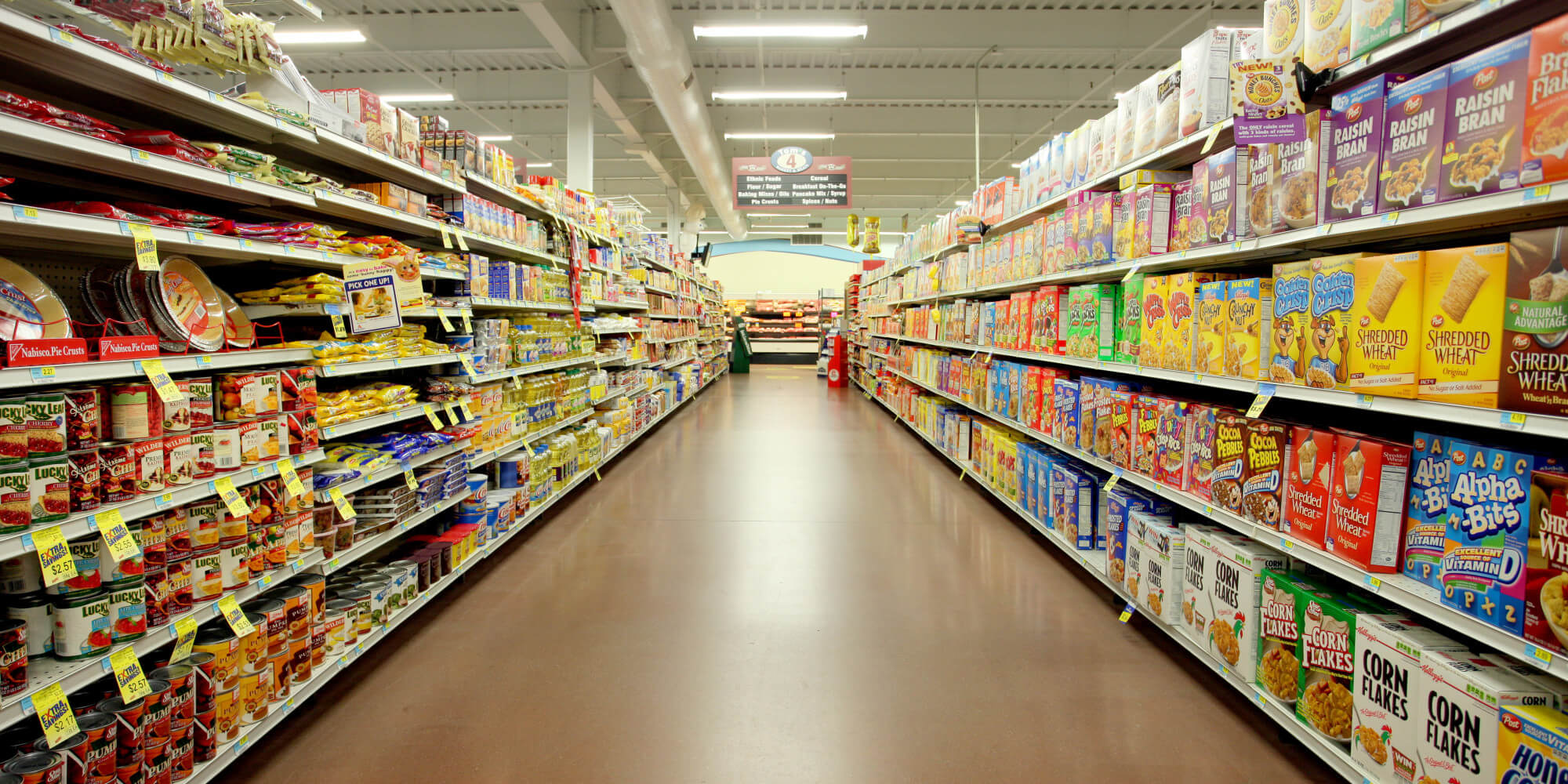Supermarkets are fast becoming very popular. In fact, people prefer the convenience it offers to the hustle and bustle of the open market, writes RAHEEMAH AROGUNDADE
Typically, the supermarket is a one-stop shop for household goods. Similar goods of different brands abound in the big store.
Evolution
Supermarkets evolved from traditional grocery stores, which sell specifically food and drinks. Grocery stores are established to satisfy consumer needs including vegetables, fruits, spices, canned foods and drinks.
From the sale of food and drinks, supermarkets emerged to incorporate other needs such as toiletries, fresh foods, baby goods, gadgets and appliances, clothing and stationaries. This evolution increased the popularity of supermarkets globally.
Like other countries, Nigeria has also witnessed a proliferation of various supermarket brands. Some major supermarkets have branches across the states in Nigeria, while others only operate within a state. In all, supermarkets are consistently meeting the needs of people in the corporate world.
Benefits
In a mega city like Lagos, where people work long hours during the day and return home late at night, supermarkets have been instrumental in relieving them of the burden of going to the open market to shop.
What clearly distinguishes the supermarket is the sequential arrangement of goods that makes shopping relatively easy. You just need to locate the appropriate section and you are good to go.
Aside shopping convenience, these shops also give consumers leverage to window-shop and compare prices, even without picking any item, which the open market does not afford.
Cashless transaction is another benefit of modern supermarkets. Though some smaller shops, even in the open markets, now offer Point of Sale transactions. This implies that customers do not necessarily have to carry cash, as long as they have their Automated Teller Machine cards with them.Still, shopping tickets or cards, which some supermarkets accept, give them edge.
Additionally, the supermarket reduces the stress of moving around and buying things separately. It saves time and makes the shopping experience easy and fun.
In a society where the economy has pushed people to cut corners, most popular supermarkets give the customer assurance of the integrity of purchases. Items bought in such shops offer up to 95 per cent assurance of authenticity. So, the fear of buying fake products is highly reduced.

Drivers of the growth
It is easy to understand why the workers in the corporate world and high-earners in the non-corporate world find the supermarket very useful and why they form the bulk of customers that patronise such stores.
The Chief Executive Officer of Goshen Supermarket, Ifeoma Makanjuola, told Africana Entrepreneur that low-income earners hardly patronise the supermarket.
“It is the high and mighty that move any economy that also go to the supermarkets. The high-income earners visit and drive the growth of any supermarket around the country. The low-income earners hardly visit supermarkets, as they would prefer to buy goods at a cheaper rate in the ordinary market.
“High-income earners are the ones who are used to buying and stocking their homes with goods from the supermarket. In this part of Lagos, not every high-income earner would like to come to the supermarket, except those who are technologically-inclined and open to growth,” she explained.
Sales representative of Domino Supermarket, Folukemi Ajaguna, noted that the low-income earners assume supermarket goods as expensive.
“Not everyone visits the supermarket, especially the low-income earners, as most of them think that supermarket items are very expensive and are mostly meant for the rich. That alone is an obstacle to them patronising the big stores.
“It is the high earners that patronise us mostly, and that is what keeps the business going. Since the high earners are men and women of class, they tend to maintain the status quo. By doing that, they keep patronising the big stores, which is believed to be for the rich in the society,” she said.
Adesuwa Imaredeon, who attends to JustRite Supermarket clients, agreed that the high-income earners form the bulk of the customers.
Her words, “High-income earners buy more items than low-income earners. Some come to the store to restock their household needs.
“When a big boy comes to the store, the store would lose weight; he would buy items that fill up a cart or more. That kind of person helps the business to make high returns, if he frequents the same outlet. It is really the rich folks that help the store grow. Friendly environment matters in retaining your customers.”
Customer preference
According to Makanjuola, people prefer to use the supermarkets because they are assured of the quality of products being sold and also because of societal demands. However, it depends on the consumer’s preference.
“The goods sold at the supermarket are of high quality. The items sold in our store are not substandard; that alone ensures customer loyalty. Customers also consider the good customer service that is maintained in supermarkets,” Ajaguna added.
Apart from the quality of product, Imaredeon said that the supermarkets could be preferred because they sell items at a discounted rate to customers.
“A store with high return of stock tends to sell at cheaper rate. Big stores like ours sell at a cheaper rate than most stores out there. So, I think more people would consider buying from a store that sells cheaper. Some of these small outlets visit our stores to buy their goods to sell at their various stores,” she revealed.

Viability
For Ajaguna, it is a very lucrative business to go into, although she emphasised that huge capital would be needed to establish one.
Makanjuola shared similar opinion. “I always say that if you have the money, then you should hit the bull’s eye. The supermarket is a very high standard and lucrative business. Someone who is good with inventories business management skills would surely succeed in the business, as proper management is what keeps any business going.”
Imaredeon also suggested that establishment of a supermarket is for the financially-empowered. “It is a business anyone who is financially-buoyant should venture into. Supermarket is a very lucrative business that, with necessary stock management, there is no way the entrepreneur would record losses.”
However, most supermarkets deploy the loss leader marketing strategy. They sell some goods, especially popular ones, relatively cheaper to attract customers, but hike the prices of some unpopular ones to cover the loss.
In all, the supermarket is an ideal place to shop.
Get real time update about this post categories directly on your device, subscribe now.



